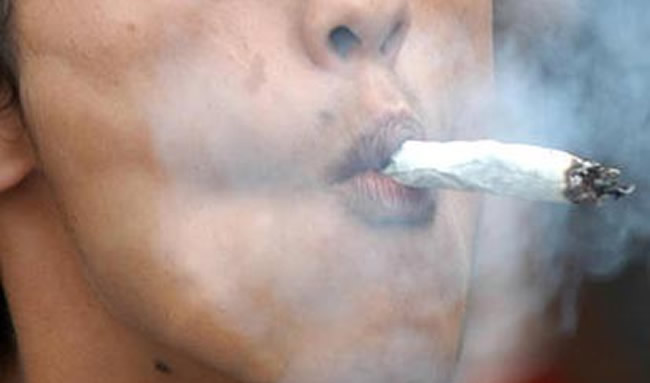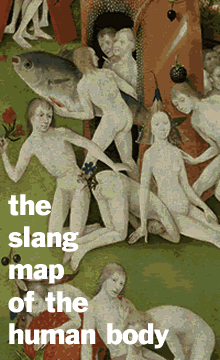dope (2)
 photo credit: "Smoking marijuana" by Charles LeBlanc (CC BY-SA 2.0) Image cropped
photo credit: "Smoking marijuana" by Charles LeBlanc (CC BY-SA 2.0) Image croppedDefinition: (noun) 1. an unspecified drug 2. a drug that changes athletic performance
Example: While his classmates were concerned about the algebra final, all Mack could think about was the dope he planned to take to celebrate the end of the school year.
Quote:
“We're white punks on dope
Mom & Dad live in Hollywood
Hang myself when I get enough rope
I can't clean up, though I know I should”
Since dope can also be marijuana, you may think this week’s column is another reference to Pineapple Express, discussed in last week’s stoner article. Not so! It was inspired by an unusual blog entry on the Baltimore Sun’s website.
Apparently, Dr. Alexei Koudinov, who edits the online Doping Journal, believes Olympic swimmer Michael Phelps is cheating by using music as dope. Phelps, Baltimore’s favorite son, can be seen before each race listening to music on his iPod, and Koudinov claims that music enhances performance by helping to raise oxygen levels in the blood.
In the past, Phelps has mentioned Eminem and Young Jeezy as favorites; this week, he was listening to Lil’ Wayne rapping “I’m Me.” The inspirational lyrics of this profanity-laced song include “I’m the best,” “I know the game like I’m reffin’ [refereeing] it,” and “I’m a missile like the Scud.”
The word dope has a long history and many meanings, only some of which I can present here. Since the 1850s, a dope has been a fool. Later in that century, it was used to mean any drug or mixture that was not specified by name. In the early twentieth century, dope began to be associated with narcotics (and was also the nickname of Coca-Cola, which once contained cocaine). If you've ever read Cecil Adams’ column The Straight Dope, you know it can mean hard-to-find information, and if you spend time with teenagers, you know that as an adjective, it means excellent.
Dope has meant a performance-changing drug for over a hundred years, but originally it was something administered to race horses, not Olympic athletes, and it could also be used to worsen performance.
Koudinov has not yet weighed in on the doping effects of Mary Lou Retton, but he may have cause. During last night’s all-around women’s gymnastics competition, commentators repeatedly said that the sight of the former Olympic champion in the stands must have had a positive effect on American gold-medal winner Nastia Liukin.



